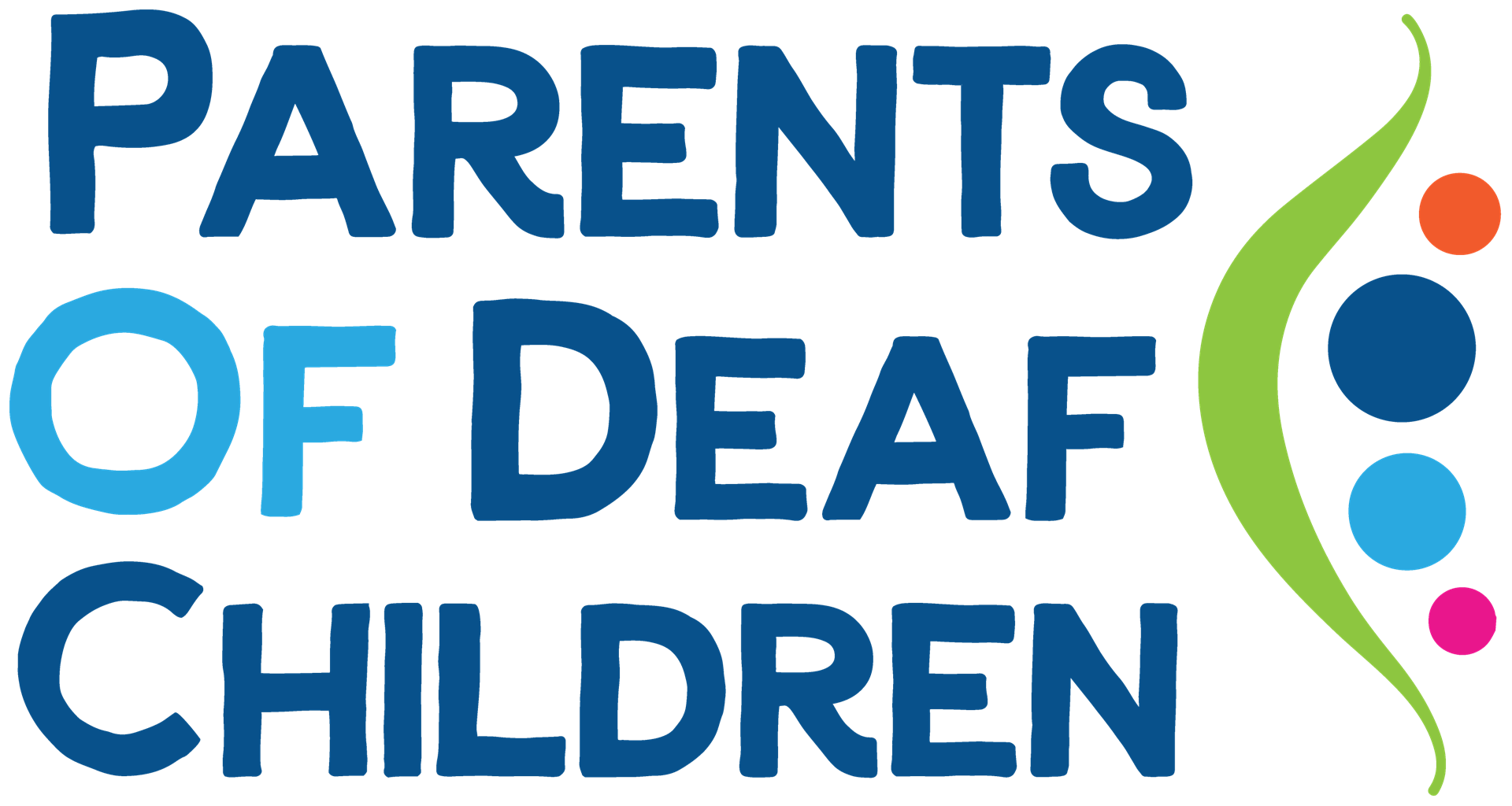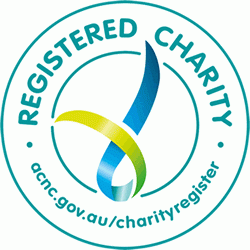- Home
- Article-Celebrating Auslan and Ensuring Deaf Childrem are not Left Behind

This week has been a celebration. Across Australia we’ve marked National Week of Deaf People (NWDP), and yesterday the world honoured the International Day of Sign Languages (IDSL).
For many of us, it has been uplifting to see Auslan featured so prominently:
- Departments of Education posting Auslan greetings,
- Ministers proudly signing their names,
- Schools sharing videos of children learning and using Auslan.
This visibility matters. It tells the broader community that Auslan belongs in our national story, and it shows Deaf children that their language has value. Every video, every sign, every acknowledgement chips away at barriers that once kept Auslan hidden.
But while we celebrate this recognition, we also need to pause and reflect on what is happening in our classrooms today.
The Reality in Schools
The Consortium for Outcomes in Deaf Education (CODE) 2024 Report, released this week, provides the clearest snapshot yet of how Deaf students are supported in education. The findings are powerful – and confronting.
- 1,093 students were reported as using Auslan in schools across the systems that responded.
- Of those, only 16 had access to a qualified Auslan interpreter.
- 349 relied on “communication aides” – staff without interpreter qualifications.
- At least 21 were recorded as receiving “other support,” but no detail was provided.
- Several services could not report what support Auslan-using students actually received.
- Some education systems do not require interpreters to hold formal qualifications, making it impossible to know how many students are truly receiving safe, accurate accessCODE-Report-2024-Final.
For a Deaf child in a mainstream classroom – often the only Auslan user in their year level – this can mean trying to learn in a space where their language isn’t fully present. They may be expected to rely on partial support, on unqualified aides, or on their own resilience to “get by.”
This is not inclusion. It is survival.
Why This Matters
Auslan is more than a language. It is:
- the foundation for learning,
- the key to friendships and belonging,
- and the pathway to confidence, literacy, and success.
Every hearing child in Australia has full access to spoken English in the classroom. Deaf children deserve the same access in Auslan. Anything less is not equity.
Without qualified Auslan access:
- Deaf children risk language deprivation, which has long-term impacts on cognitive development, literacy, and wellbeing.
- They are more likely to feel isolated, unable to participate in the social and educational life of their peers.
- Families are left to fight for the basics – not for “extras,” but for the simple right to learn in their child’s language.
The Next Step
The visibility of Auslan during NWDP and IDSL is cause for celebration. But the next step is ensuring that this visibility is matched with action in schools:
- Daily qualified access– Every Deaf child who uses Auslan must have professional, qualified language access in their classroom.
- National standards– Clear, consistent definitions of “interpreter,” “communication aide,” and “uses Auslan” are needed so data is accurate and services are accountable.
- Workforce investment– Australia urgently needs more Auslan interpreters, Auslan-proficient Teachers of the Deaf, and Deaf staff employed as language models.
- Data accountability– Governments must commit to collecting and publishing reliable Auslan data, so that need is visible and funding follows students.
Moving Forward
We can celebrate Auslan and still acknowledge where change is needed. These two things are not in conflict – they are partners. Celebration creates pride and visibility; action creates equity and belonging.
Imagine this:
- Next year, when NWDP and IDSL come around again, we are not only seeing Ministers signing their names but also reporting on the progress made in schools.
- We are celebrating not just the language itself, but the fact that every Deaf child has daily access to Auslan in their education.
- We are telling stories not of gaps and barriers, but of success, inclusion, and possibility.
That is the future our children deserve.
This week, as we sign, celebrate, and share Auslan with pride, let’s also commit to ensuring that Deaf children are not left behind. Because Auslan is not just for a week or a day – it is for life, and it belongs in every classroom, every day
Read the Full report here: CODE 2024

